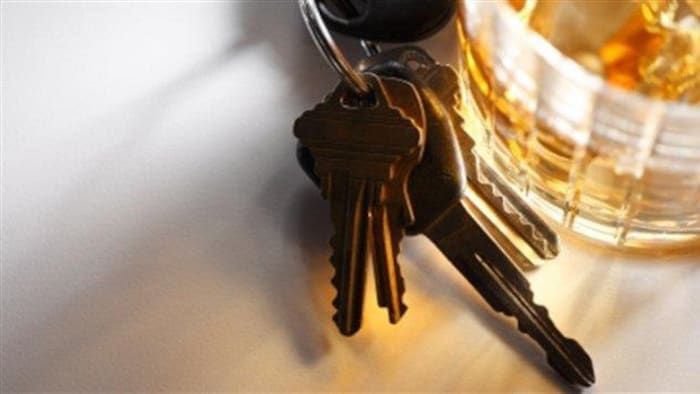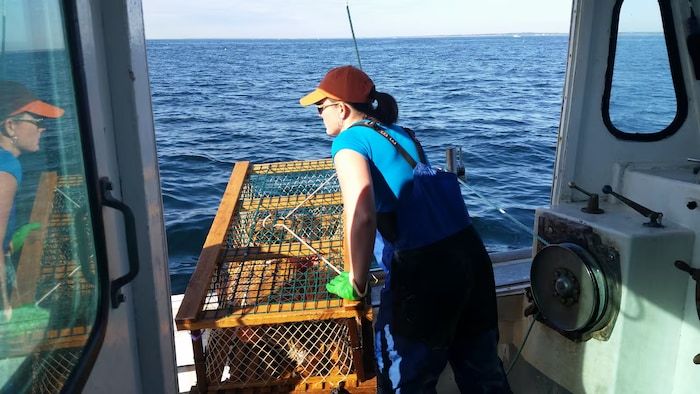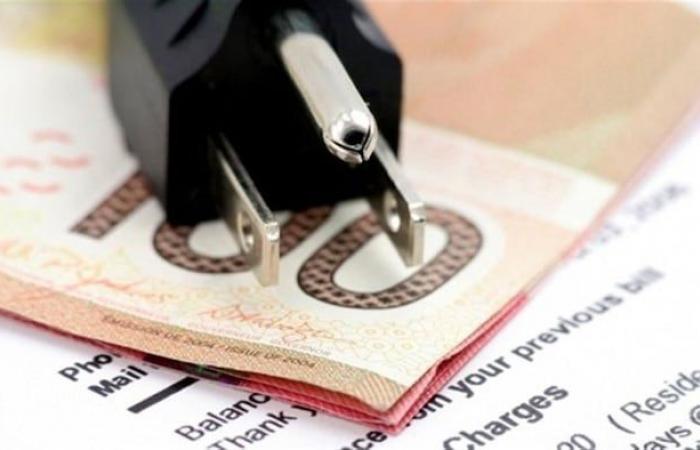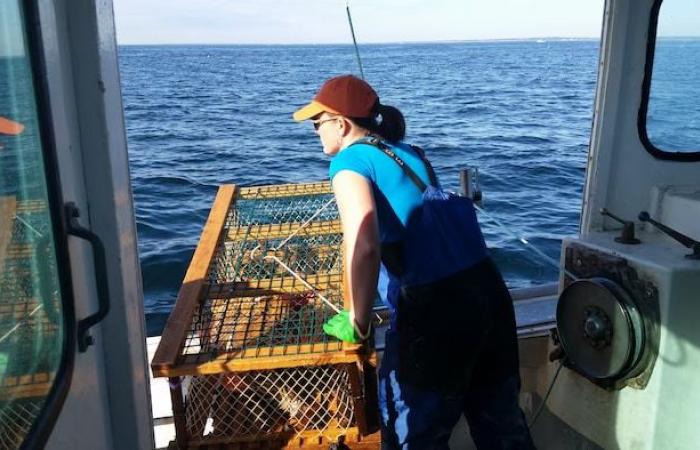Rebate on electricity bills, tax on vaping and amended property assessment notices: these are some of the changes that can be expected for your wallet starting January 1.
For your finances
Starting in January, New Brunswickers will receive a 10% rebate on their monthly residential electricity bill.
This is a campaign promise from the Prime Minister, Susan Holt. Electricity bills from NB Power, Saint John EnergyÉnergie Edmundston and the Perth-Andover Electric Light Commission will hold a notice displaying 10% discount on GNB
.
The province estimates this will represent a savings of $92.6 million per year for residential customers.
Open in full screen mode
The amount of the rebate in New Brunswick will be equivalent to the provincial part of the harmonized sales tax (HST).
Photo : Istock
A new tax on vaping will come into effect on January 1, 2025. Vaping products will be subject to a tax of $2.24 per 2 ml (or 2 g) for the first 10 milliliters (or grams), and 2 $.24 per 10 ml (or g) for quantities above.
Former New Brunswick Minister of Finance, Ernie Steevesmade the announcement during the submission of the provincial budget for March 2024.
Open in full screen mode
A cost of living adjustment of 3.70% will be granted to all participants of the New Brunswick Public Service Pension Plan as of January 1.
Photo : Getty Images / reklamlar
Furthermore, the announcement of the increase in the minimum wage in New Brunswick generally occurs at the start of the new year and becomes effective on the first day of April.
In 2024, the province’s minimum wage increased from $14.75 per hour to $15.30 on April 1. The minimum wage has increased by 36% since 2019.
For your travels
New Brunswick is planning, as of January 1, more severe administrative sanctions and the creation of a program that will allow police officers to immediately suspend the driver’s license of a driver who is driving while impaired.
They will also have to pay an administrative fine of $1,000 and a fee of $230 to reinstate their driving license.

Open in full screen mode
In New Brunswick, all drivers under the age of 21 must have a blood alcohol level of 0.0% while driving
Photo : iStock
Slight increases in public transit fares are also expected starting January 1 for Codiac Transpo, Fredericton Transit and Saint John Transit for certain monthly subscriptions. Individual ticket prices remain unchanged.
Annual residential parking permits could also increase depending on the city. For example, in Fredericton, they will increase from $24 to $30 starting January 1.
New Brunswick homes
From 2025, property assessment notices will now be sent in January, not October. This change will be effective for tax year 2025, with 2024 as the transition year.
-Property tax bills will be sent, as usual, on March 1st.

Open in full screen mode
Public auctions are held on various dates in January for properties in the province for sale for non-payment of property taxes. There are a hundred of them.
Photo : Bloomberg/Daniel Acker
Ottawa will put in place two programs to financially support owners, offered as of January 15.
The first program offers loans of up to 90% of the construction value of an accessory dwelling, that is to say in the basement or in an outbuilding of a dwelling. The second program allows insured mortgages to be refinanced to help finance the addition of an accessory dwelling unit.
On the provincial side, Susan Holt’s government will impose a 3% cap on rent increases starting February 1.
Border with the United States
Starting January 6, 35 border ports of entry will change their hours of service to improve the security of Canada and the United States
.
The measure was announced in November by the Canada Border Services Agency (CBSA), in collaboration with its American counterpart.

Open in full screen mode
Border crossing hours change as of January 6. This concerns six points of entry between New Brunswick and Maine. (Archive photo)
Photo : - / Bernard LeBel
In New Brunswick, four land ports of entry will have schedule changes: Bloomfield, Gillespie Portage, Fosterville and St. Croix. These new land timetables are accessible online. (New window)
New for fishermen
Ottawa announced new maternity leave and parental leave for fishermen in Atlantic Canada, effective January 1.
The maximum duration of maternity leave will be 17 weeks and that of parental leave will be 35 weeks.

Open in full screen mode
A woman on a boat, ready to throw a lobster trap into the sea.
Photo : -
On the maritime transport side, electronic logbooks will become compulsory for Gulf fishermen from January 1, 2025. Until now, they used paper versions.
This measure from Fisheries and Oceans Canada (DFO) aims to combat illegal fishing, which has been of great concern to industry stakeholders for several years.
According to an internal note from the Ministry of MPO obtained thanks to a request for access to information, 10 to 30% of lobsters fished in the Atlantic are not declared.











